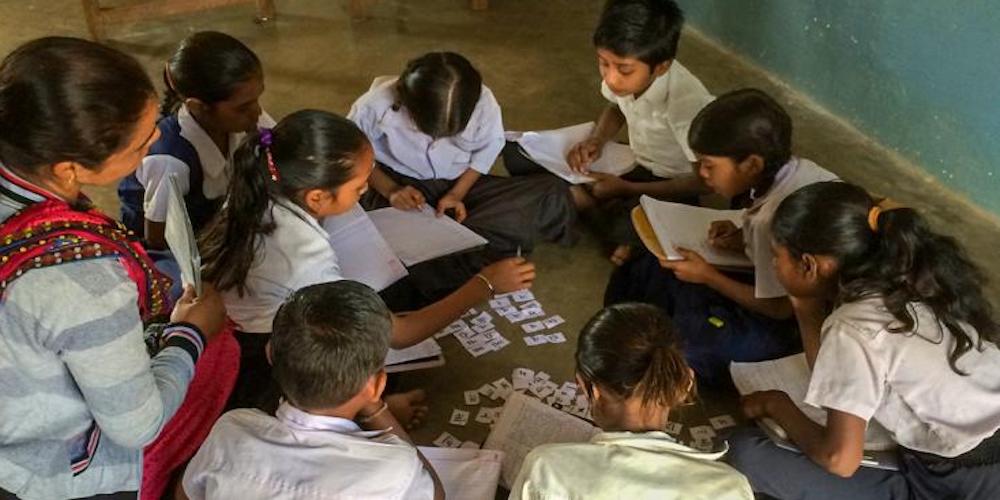Vocationalisation of School Education

National Education Policy (NEP) 2020, enunciated by the Modi government at the centre has given special emphasis on vocational education through integration and mainstreaming of vocational education with general education
Accordingly, Department of School Education and Literacy (DoSEL) is implementing the scheme of Vocationalisation of School Education under the Centrally Sponsored Scheme – Samagra Shiksha
As it is, the Government of India has initiated various convergence efforts across the skill ecosystem under “Skill India Mission (SIM)”. Under this Mission, more than 20 Central Ministries/Departments are implementing Skill Development Schemes/Programmes to enhance skill levels of millions of people including School Children on pan India basis to create skilled workforce as per the requirement of the Industry.
The National Education Policy (NEP) 2020 has also given special emphasis on vocational education through integration and mainstreaming of vocational education with general education which will help students in acquiring various skills to meet the needs of the industries and to improve the quality of education.
The Department of School Education and Literacy (DoSEL) is implementing the scheme of Vocationalisation of School Education under the Centrally Sponsored Scheme – Samagra Shiksha by aligning it with the aims of the Skill India Mission.
The aim is integrating Vocational Education with general academic education in all Secondary/Senior Secondary schools; enhancing the employability and entrepreneurial abilities of the students, providing exposure to work environment; and generating awareness amongst students about various career options so as to enable them to make a choice in accordance with their aptitude, competence and aspirations. The scheme covers Government and Government aided schools.
Under the Scheme, NSQF compliant vocational courses are offered to the students from class 9th to 12th in the schools covered under the scheme. At the Secondary level i.e. Class IX and X, vocational modules are offered to the students as an additional subject. At Sr. Secondary level, i.e. Class XI and XII, vocational courses are offered as a compulsory (elective) subject. Vocational Courses are selected on the basis of notional hours, age & educational qualification prescribed and suitability for school students.
In order to fulfil various objectives of NEP, the scheme of Samagra Shiksha has been revamped and various new interventions relating to Vocational Education have been incorporated. Some of them are as under:
– Coverage of Vocational Education has been expanded to cover Government aided schools also in addition to Government Schools.
– The Hub and Spoke Model of Vocational Education has been introduced providing for the utilization of the infrastructure available in the Hub schools by the students of nearby schools (spoke schools) for vocational training.
– Exposure of pre-vocational education at Upper Primary level.
– Internships, bagless days etc. have been included under the Innovation component of Samagra Shiksha.
Under the Scheme, the Employability Skill module has been made a mandatory part of the vocational Courses. It consists of Communication Skills, Self-Management Skills, Information and Communication Technology Skills, Entrepreneurship Skills and Green Skills.
In short, the Centrally sponsored scheme of Samagra Shiksha of the Department of School Education and Literacy is an overarching programme for the school education sector extending from pre-school to class XII.
The scheme treats school education as a continuum and is in accordance with Sustainable Development Goal for Education (SDG-4).
It may be noted that Cabinet Committee on Economic Affairs has approved continuation of Samagra Shiksha Scheme for a period of five years i.e., from 2021-22 to 2025-26 with a total financial outlay of Rs 2,94,283.04 crores, which includes Central share of Rs 1,85,398.32 crores, as per EFC recommendations and approval of revised programmatic and financial norms.



